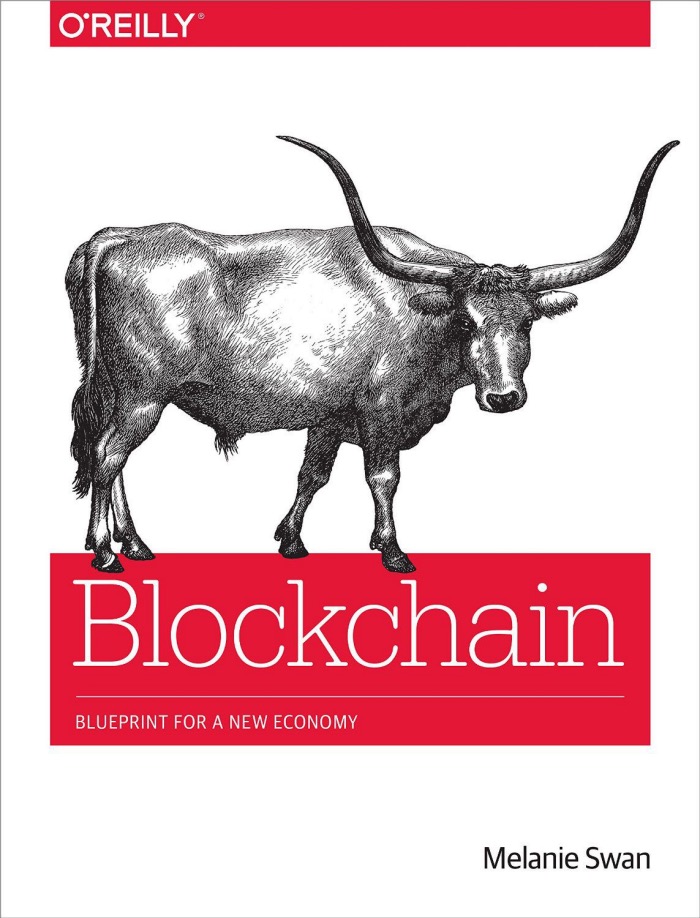*Updated – apologies for errors – still testing new writing apps.*
There are good reads to be had in the business press this week on the Blockchain – you can call the technology blockchain and the instances of it blockchains, but in these early days of the word, it seems to often be referred to with that determinant and a capital B – the technology that makes cryptocurrencies like Bitcoin. Both The Economist and the FT carry useful analysis.
Blockchain, rather than Bitcoin, is the most interesting phenomenon, describing the latter with deft description that I love from the Economist as a “machine for creating trust”:
To understand the power of blockchain systems, and the things they can do, it is important to distinguish between three things that are commonly muddled up, namely the bitcoin currency, the specific blockchain that underpins it and the idea of blockchains in general. A helpful analogy is with Napster, the pioneering but illegal “peer-to-peer” file-sharing service that went on line in 1999, providing free access to millions of music tracks. Napster itself was swiftly shut down, but it inspired a host of other peer-to-peer services. Many of these were also used for pirating music and films. Yet despite its dubious origins, peer-to-peer technology found legitimate uses, powering internet startups such as Skype (for telephony) and Spotify (for music streaming)—and also, as it happens, bitcoin.
The blockchain is an even more potent technology. In essence it is a shared, trusted, public ledger that everyone can inspect, but which no single user controls. The participants in a blockchain system collectively keep the ledger up to date: it can be amended only according to strict rules and by general agreement. Bitcoin’s blockchain ledger prevents double-spending and keeps track of transactions continuously. It is what makes possible a currency without a central bank.
If you want to delve deeper into the Blockchain, this list by Rob Myers explores Decentralised Applications (DApps) and Decentralised Autonomous Organisations Decentralised Autonomous Organisations (DAOs). These ideas – made possible by blockchains are essentially apps and companies that are owned by no one. The thought experiment that illustrates these for now mind-bending ideas is the self-owned self-driving car, operating on an Uber-like DApp, owned by no one, the car is crowd-funded, re-pays its investors and adapts its algorithms, location and other things autonomously.
Beware, all of these terms are becoming buzzwords and will doubtless seem as annoying as big data and its hype-y predecessors eventually became. But don’t let that distract you from the potential of this fascinating technology.
Links – paywalled, but free articles for registrants and also worth coughing up some currency, crypto- or otherwise:
- The Economist: Briefing and leader article.
- FT Technology: Banks seek the key to the blockchain
- BBC News: Could driverless cars own themselves?
- Rob Myers: DAOWO: DAO it with others (reading list)
- Brilliant Noise: I mention the Blockchain (blockchains, blockchain, whatever) in my Dots conference talk (blog post and podcast versions available). At Brilliant Noise, we flagged blockchains as something to watch in our financial services trends radar early this year.
- And lastly, the best book for a primer on this subject is Blockchain, by Melanie Swan (O’Reilly)
